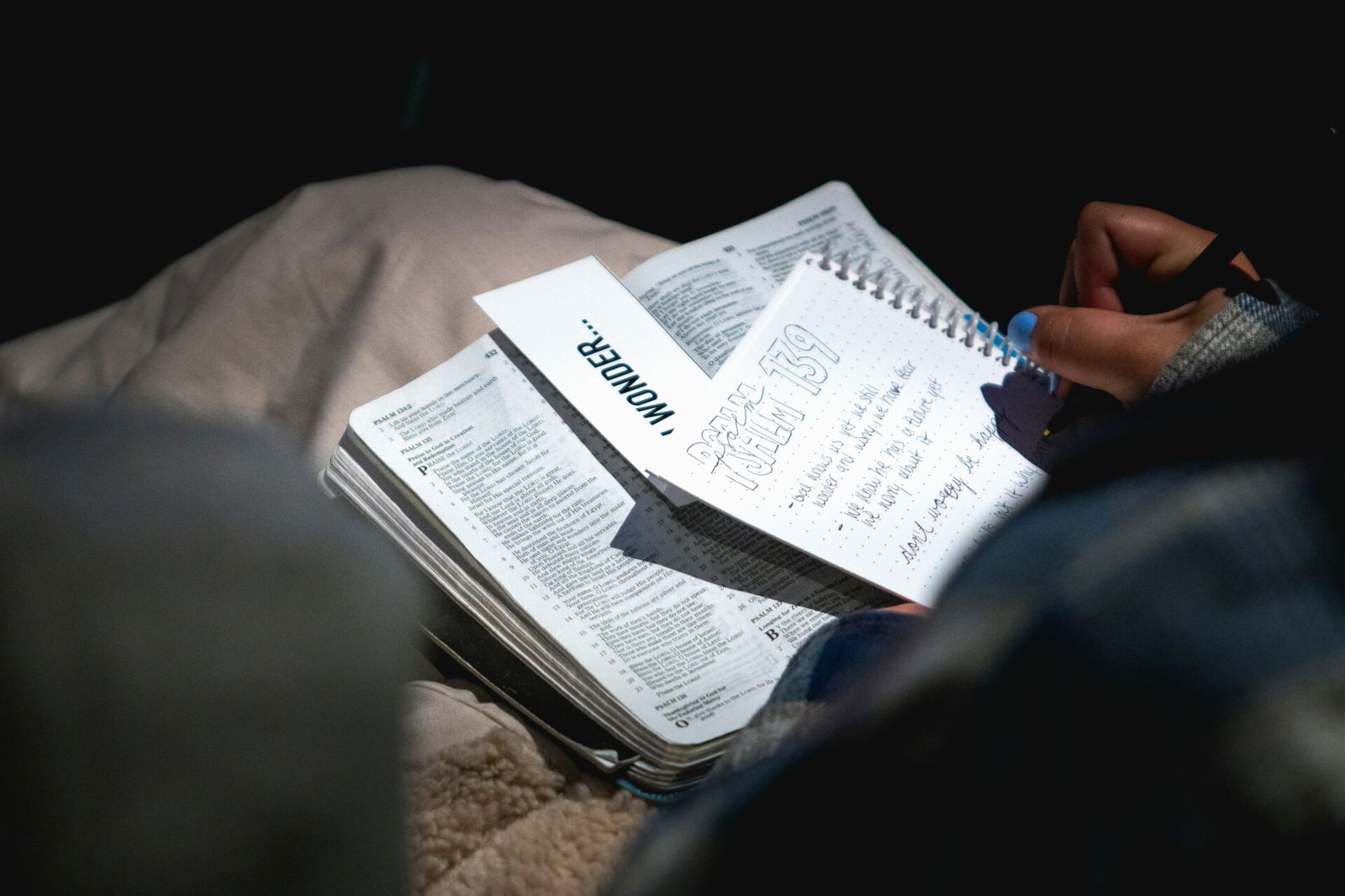
September 30, 2024
Why Gen Z’s Disconnect From The Black Church Affects Social Cohesion And Political Unity
'There's such a divide in the church among the generations. A lot of people don't realize that some of the kids aren't coming back.'
New research highlights Black congregations’ challenges in attracting Gen Z members, raising concerns about potential impacts on community solidarity and Black political influence.
Churches like Mother Bethel African Methodist Episcopal Church in Philadelphia are confronting a growing challenge: their congregations are aging, with fewer young people filling the pews. Despite its historic significance as the birthplace of the A.M.E. Church, Mother Bethel, and many churches like it, are struggling to connect with Gen Z, the New York Times reports.
Church membership among Black adults has dropped nearly 20 percentage points over the past two decades. Among Black Millennials and Gen Z who attend religious services, only about half go to predominantly Black churches, compared to two-thirds of Black baby boomers and the Silent Generation.
While churches nationwide face declining membership, Black churches’ shrinking congregations are especially impactful when considering the broader implications for social togetherness and the power of the Black vote. Long gone are the days when the church served as the center for Black life, where pastors could launch their political careers and members rallied behind political candidates.
“There’s such a divide in the church among the generations,” said Donnell McLachlan, a 30-year-old social media influencer from Chicago who makes videos about his religious journey. “A lot of people don’t realize that some of the kids just aren’t coming back.”
For many younger Black Americans, the church no longer holds a central role in their lives, with factors like technology, the pandemic, and evolving social issues all contributing to the shift.
“That really has taken over the coming in and meeting, and gathering together,” Margaret Jerrido, 79, the archivist at Mother Bethel, said of how the internet and social media have impacted in-person discourse. “They don’t come into the building anymore, and we miss that.”
There is an even greater disconnect when it comes to mobilizing voting power within the Black church. The political activism that once resonated from the pulpit and could sway an entire congregation is now more difficult to achieve, especially as many churchgoers participate virtually or not at all.
Carolyn Wilson, 70, recalls her father dying just before the Voting Rights Act of 1965. This inspired her to vote in every election “because that right was taken from him.” But when it comes to the younger generation, “They want to know ‘what’s in it for me?’” she said.
Given Mother Bethel’s location in a crucial swing state like Pennsylvania, social cohesion and political togetherness in the Black church are that much more important. But, as young Black individuals increasingly distance themselves from the church, Democrats in Pennsylvania are exploring alternative avenues to engage with Black voters, according to Rotimi Adeoye, 28, a Philadelphia resident and member of the Pennsylvania Young Democrats.
“I don’t think that means that the Black church doesn’t play a crucial role in this election—they definitely do,” he said. “I think for young Black voters, though, we just want to make sure we’re meeting them where they are.”
RELATED CONTENT: CDC Partners With Black Churches To Continue COVID-19 Outreach